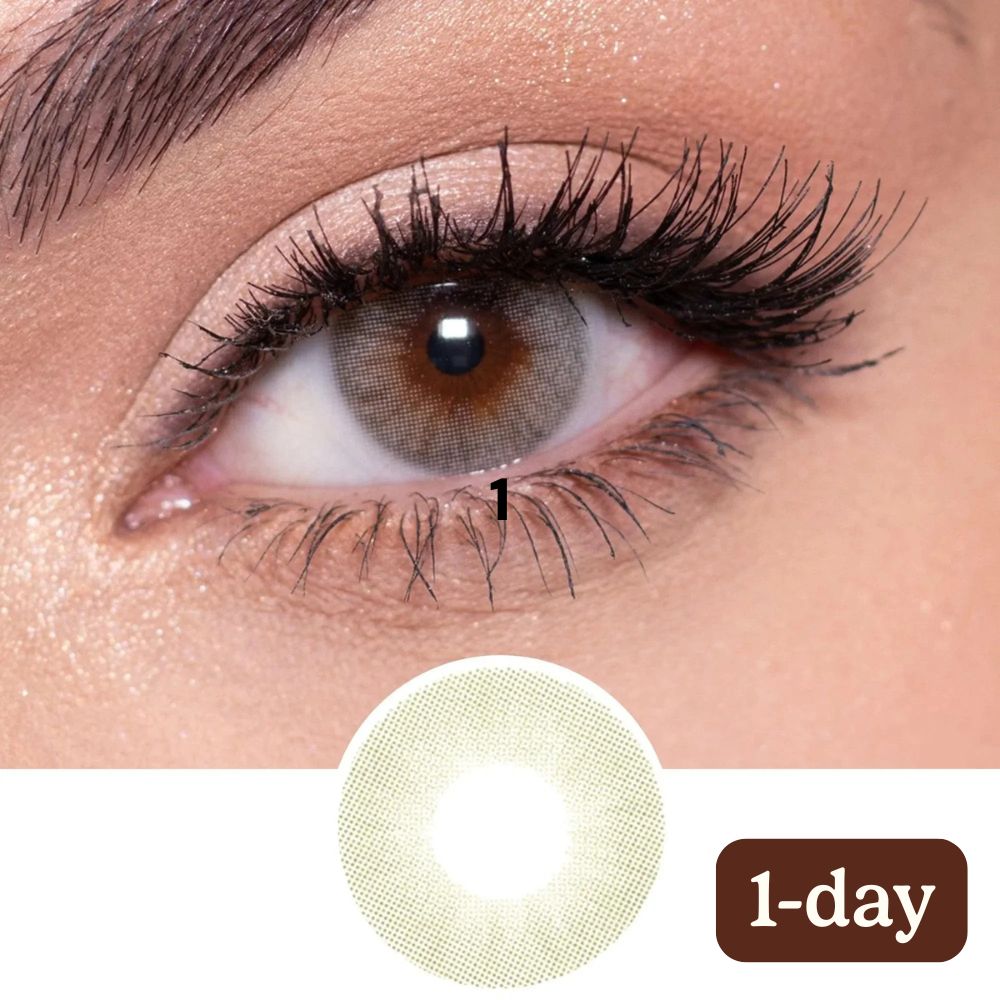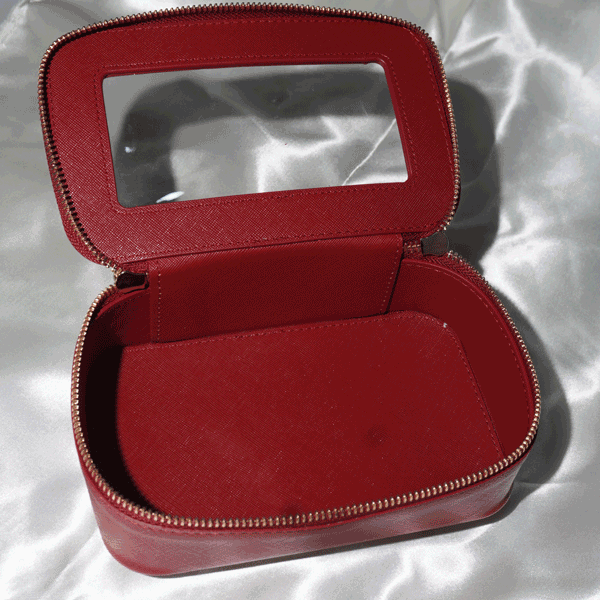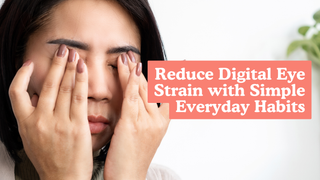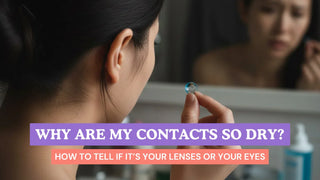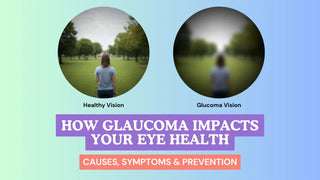Introduction
With increasing screen time and exposure to digital devices, protecting our eyes from blue light has become crucial. A common question arises: do sunglasses block blue light? In this article, we'll explore how sunglasses work, their effectiveness in blocking blue light, and which types of sunglasses offer the best protection.
Understanding Blue Light
Blue light is a part of the visible light spectrum, with wavelengths ranging from approximately 380 to 500 nanometers. It is emitted by the sun and artificial sources like LED screens, smartphones, and fluorescent lighting.
Effects of Blue Light on Eyes
Prolonged exposure to blue light can cause eye strain, headaches, and sleep disturbances. It has been linked to digital eye strain and potential damage to the retina over time.
How Sunglasses Work
Basic Function of Sunglasses
Sunglasses are designed to reduce glare and block harmful UV rays. They achieve this by filtering out specific wavelengths of light, making outdoor activities more comfortable and protecting the eyes from potential damage.
Sunglasses and Blue Light
Standard sunglasses primarily block UV rays but do not always filter out blue light effectively. There is a distinction between UV protection and blue light filtering, which is important to understand when selecting sunglasses.
Types of Sunglasses That Block Blue Light
Blue Light Blocking Sunglasses
Certain sunglasses are specifically designed to block blue light. These glasses have special coatings that filter out blue light, making them ideal for people who spend a lot of time in front of screens or in bright environments.
Features to Look For
When choosing blue light blocking sunglasses, look for features such as:
Lens Material: High-quality lenses made from polycarbonate or CR-39.
Coating: Anti-reflective and blue light filtering coatings.
Tint: Lenses with a slight yellow or amber tint can enhance blue light blocking capabilities.
Benefits of Blue Light Blocking Sunglasses
Eye Protection
Blue light blocking sunglasses protect your eyes from harmful blue light, reducing the risk of eye strain, headaches, and potential long-term damage to the retina.
Enhanced Comfort
These sunglasses can reduce eye fatigue, enhance visual comfort, and improve clarity, making them suitable for outdoor activities and prolonged screen use.
Choosing the Right Sunglasses
Factors to Consider
When selecting sunglasses, consider:
UV Protection: Ensure the sunglasses offer 100% UV protection.
Blue Light Filtering: Look for sunglasses with blue light filtering capabilities.
Style and Comfort: Choose sunglasses that fit well and complement your style.
Lens Quality: Opt for high-quality lenses that are durable and provide clear vision.
While not all sunglasses block blue light, specific blue light blocking sunglasses can provide significant benefits. These sunglasses reduce eye strain, protect against potential eye damage, and enhance visual comfort. When choosing sunglasses, ensure they offer both UV protection and blue light filtering capabilities for comprehensive eye protection.


